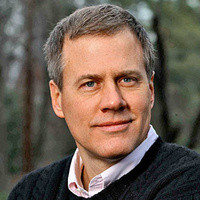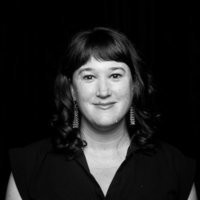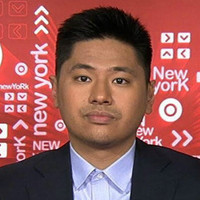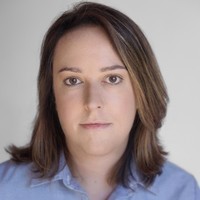
The Longform Guide to Surfing
The sport’s early days, the world’s biggest wave, and the story that inspired Blue Crush.</p>
Off Diamond Head
Growing up among the tall waves and schoolyard bullies of Hawaii.
William Finnegan New Yorker May 2015 35min
Life's Swell
On surfer girls in Maui: the story that led to the film Blue Crush.
Susan Orlean Outside Sep 1998 20min
The Wave-Maker
A profile of Ken Bradshaw, who at 45 surfed the tallest wave in recorded history.
William Langewiesche Vanity Fair Feb 2011 35min
Mavericks
A visit to the massive Northern California surf break.
Alice Gregory n+1 Oct 2013 15min
Malibu's Lost Boys
The underground culture of big waves and wild times in 1961 Malibu, and the gang of teenage boys who worshiped at the feet of the beach’s dark prince, surfing legend and grifter Miki Dora.
Sheila Weller Vanity Fair Aug 2006 25min
Riding With the Ghost Dolphin
Getting away from it all in Mexico.
Peter Heller Outside May 2005 20min
Eddie Is Gone
On surf legend Eddie Aikau and the complicated history of Hawaii.
Nicole Pasulka The Believer Sep 2012 15min
Heart of Sharkness
A trip to the French island of Réunion to report on a bloody battle between surfers and sharks.
Bucky McMahon GQ Apr 2013 20min
Playing Doc's Games
On surfing, and surfing in San Francisco, and surfing with a San Francisco surfing fanatic.
William Finnegan New Yorker Aug 1992 2h20min
Aug 1992 – May 2015 Permalink









